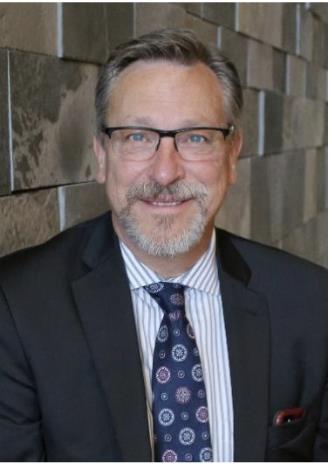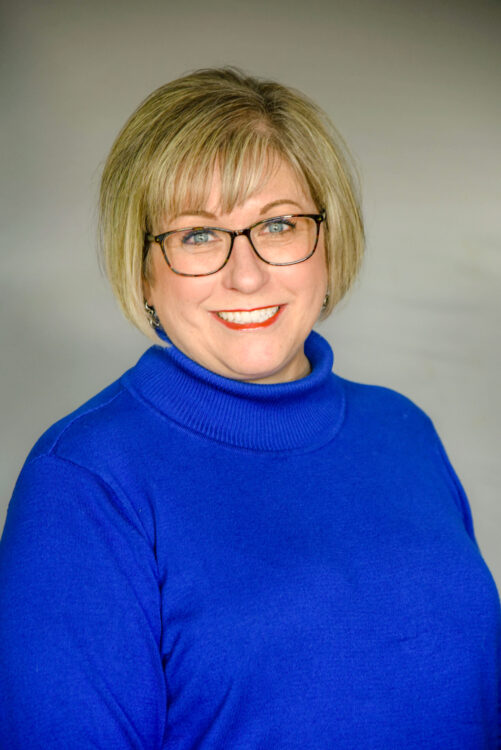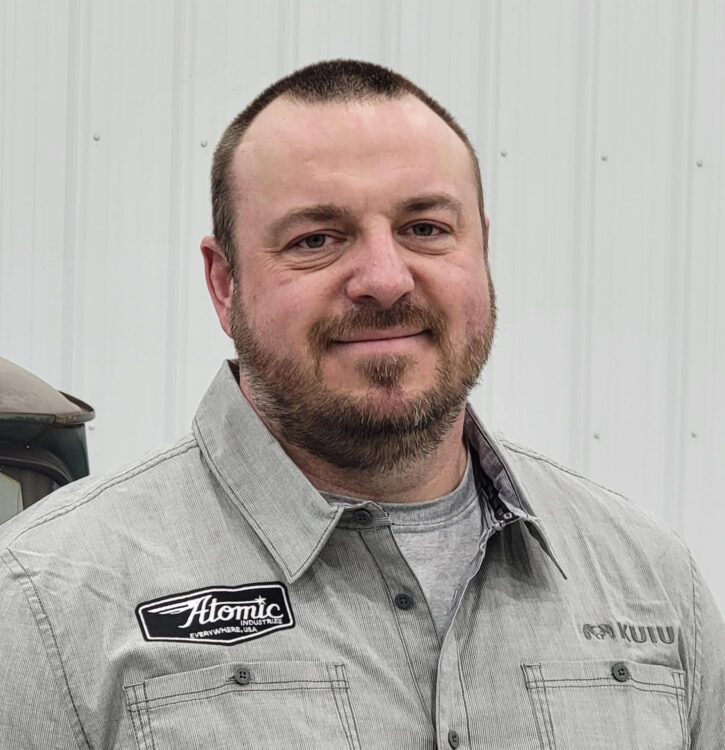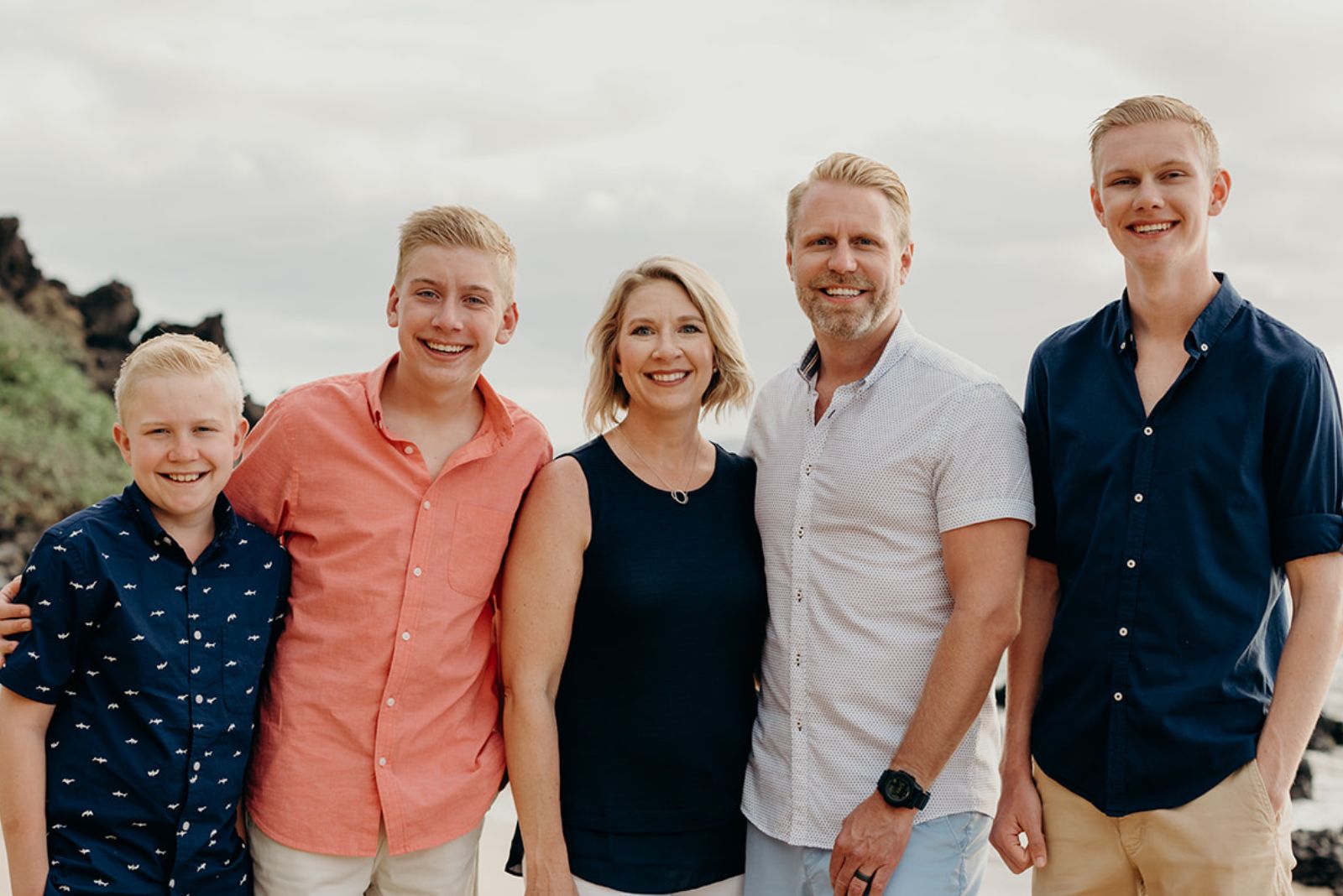
Jeremy Vannatta
May 31, 2019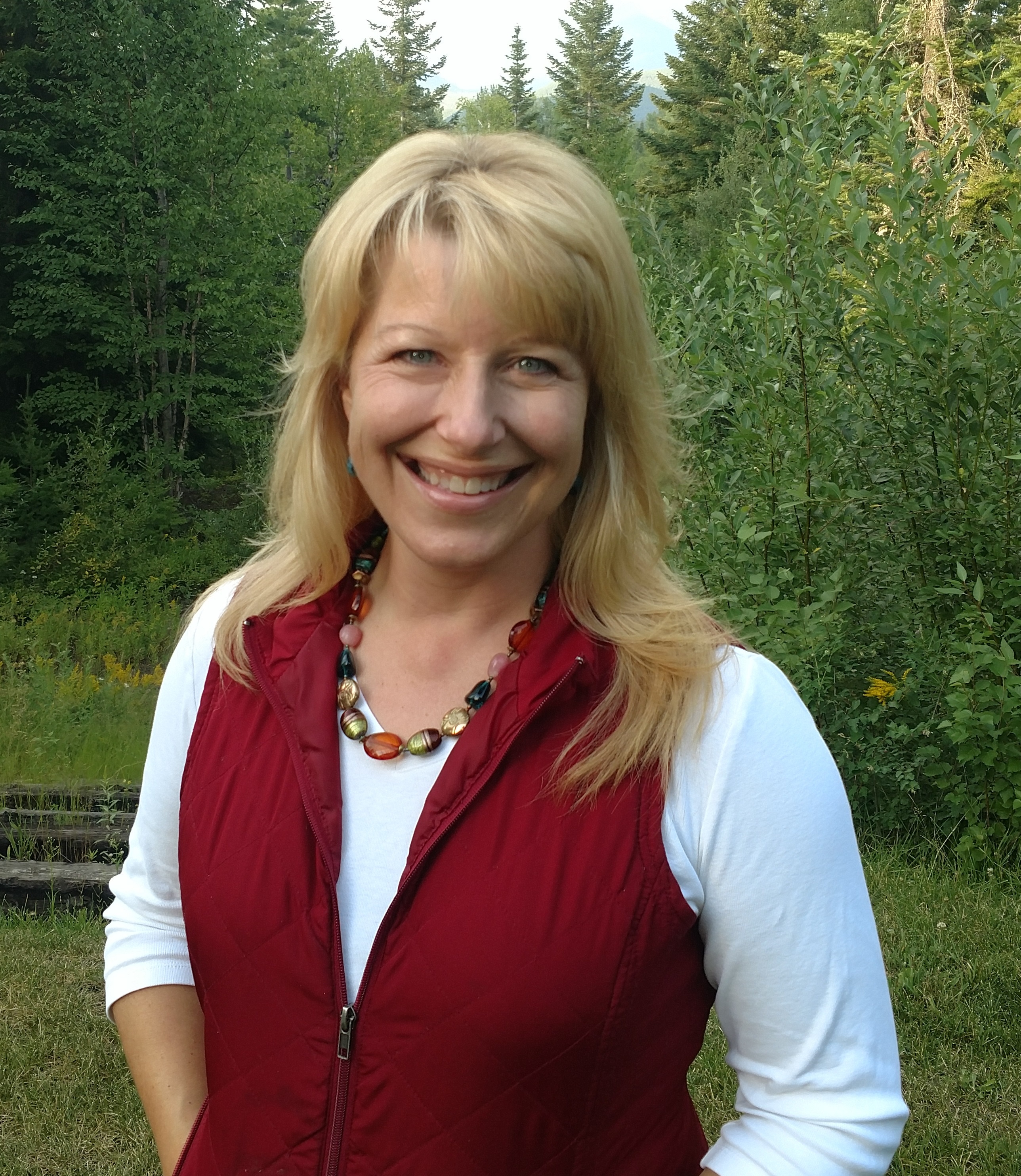
Jodi Smith
July 31, 2019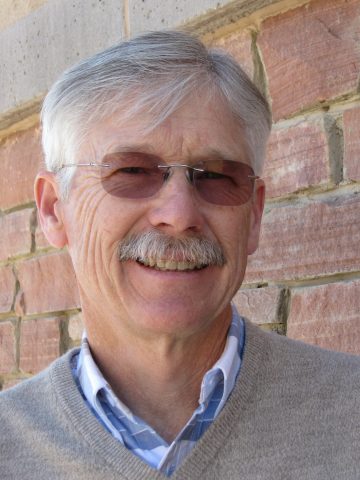
ALUMNI IN ACTION
Mark Petersen, Miles City, Class of 2016
An interview with Mark Petersen, Miles City, Class of 2016 as interviewed by Sunni Heikes-Knapton, Ennis, Class of 2019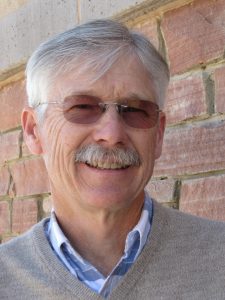
There is often one thing that draws many people to Montana; the chance to enjoy a spectacular landscape where cities are few and far between. As one moves farther east in our state, this opportunity becomes even greater as the rural landscape stretches out broadly in the short grass prairie, dotted with small towns and tight knit communities. Those who enjoy this setting appreciate the natural world and genuine experiences, and for Mark Petersen (LMT 2016) and his wife Polly, they find this reward in Miles City. It is in this place that Mark sees first hand how Leadership concepts are valuable for our state.
As the Research Leader (from 2009 to 2018) the USDA-ARS Fort Keogh Livestock & Range Research Laboratory, Mark was tasked with managing a broad range of research activities that take place on the 60,000 acre experiment station. From native range health to comprehensive livestock production, the research work completed at Fort Keogh provides valuable information for Montana’s agricultural industry and completes a great deal of outreach in the state.
It was some time after he began at the facility when Mark started in the Leadership Montana class of 2016. With 50 employees (employed by the USDA and the MSU Agricultural Experiment Station) under his supervision, most of whom who had worked there prior to his start, Mark knew that the lessons in creating civility and teamwork could greatly improve the culture of the operation and the employee relationships.
During the time he spent attending the 7 months of sessions, Mark became particularly impressed with two major facets of the experience: his classmates, the framework, and the instruction. Mark deeply valued interacting with his fellow classmates and having open and honest discussions about life, ethics, employee civility and values; subjects that he felt were topics that are rarely discussed in professional life settings. He appreciated the development of the teaching process and thought that the sequence and the framework were successful elements that help the program to work. Finally, the instruction from the leaders impressed him, especially covering topics like emotional intelligence, interactions, and civility. Mark saw immediate value in the philosophy of gracious space and inviting the stranger.
A particular value that Mark observed during his time as a class member was the opportunity for people to transition during their experiences over the many months of sessions. This schedule allowed people to test out their lessons in the time between sessions and learn firsthand how the strategies work when applied in real life.
In the spirit of his affinity for genuine people in rural places, Mark feels that all of the Leadership Montana alumni in our state have a chance to make an improvement in meaningful ways. He knows that in the other volunteer efforts where he encounters past class members, you have an ability to work more effectively with those who think similarly about behavior and engagement. With each and every graduating class, there are more people who can shift our state toward a climate where civil dialog is valued and practiced.
Mark is preparing to retire in December and is now focused on facilitating a smooth transition in leadership at the research laboratory.



